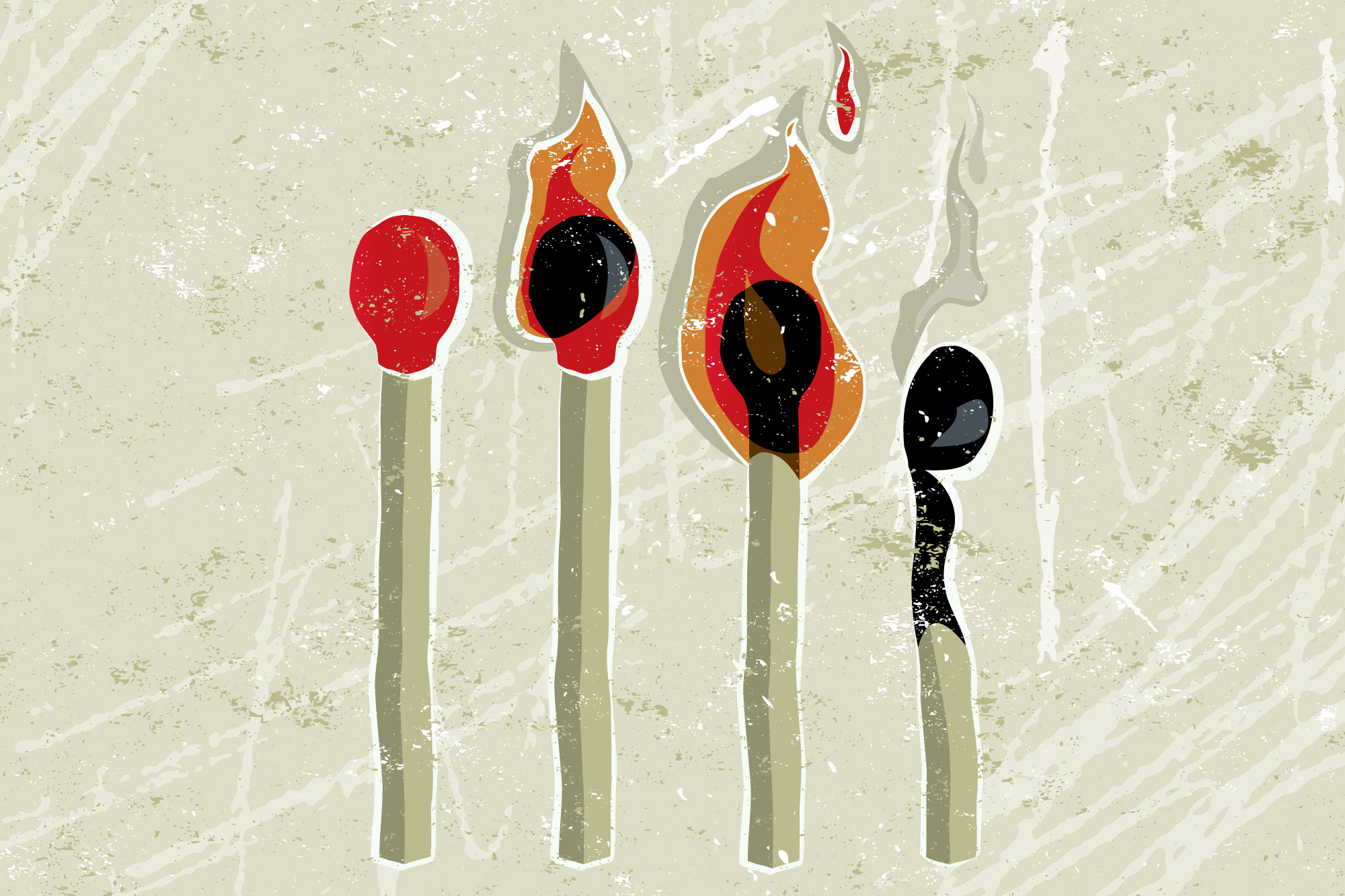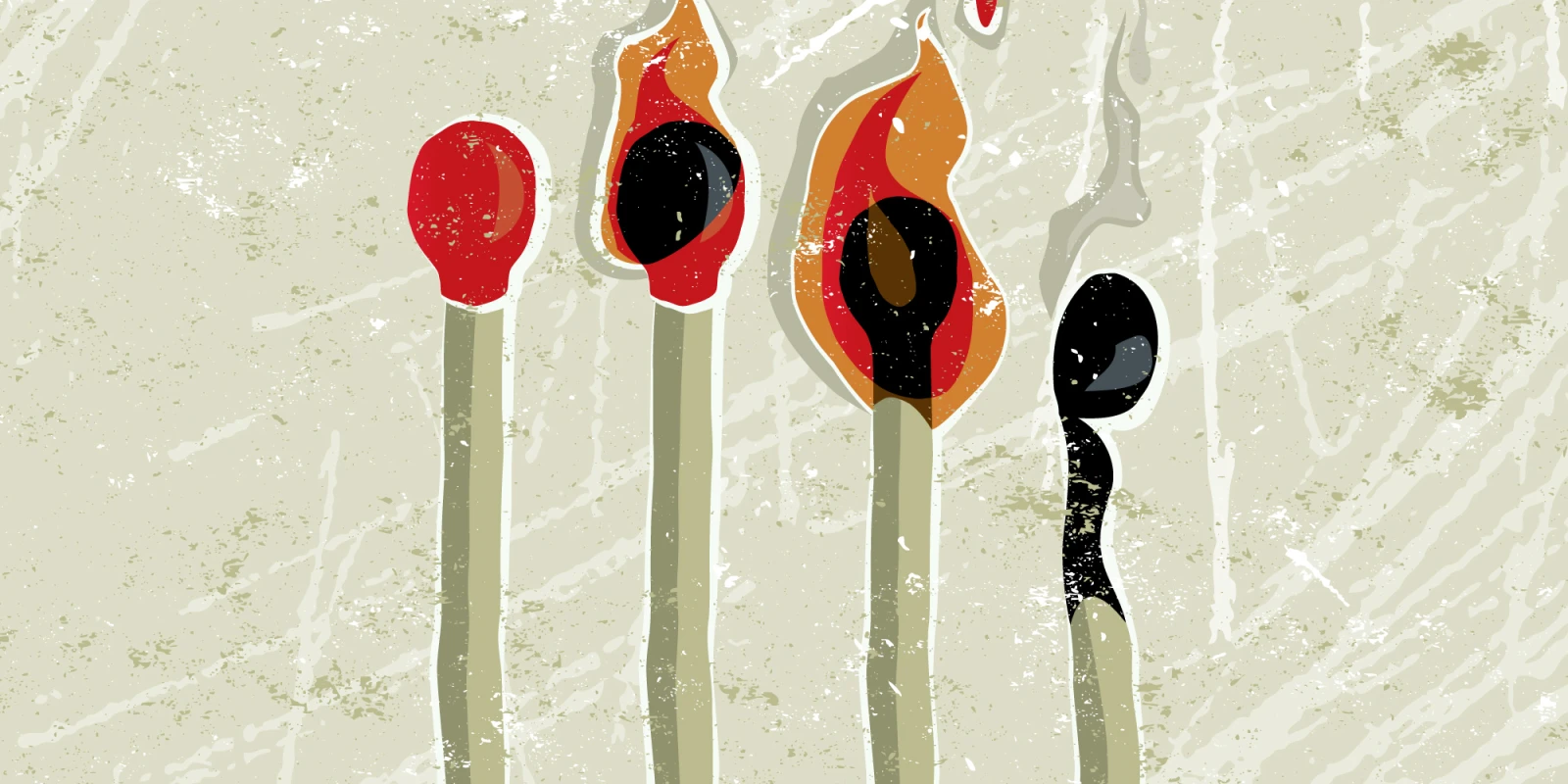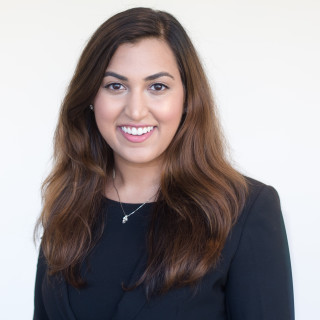
I distinctly remember being a first-year medical student, sitting in an auditorium at the end of March for a panel of fourth-year medical students describing their match process. With relaxed faces, they discussed finishing their remaining clinical rotations, planning extravagant vacations while boasting eight hours and more of sleep a night.
I was envious.
As a third-year student, in the frenzy of constant evaluation and shelf-exams, I reminded myself of the promises in fourth year. After months of away rotations, interviewing, and clinical electives, I was ecstatic for the adventures described by the fourth year students of years prior. I was itching to replete my sleep deficit, return to a consistent workout routine, and binge-watch television shows I ignored previously.
My reality, though, was a departure from what I had imagined. I was still making to-do lists. The same manuscripts and projects that I hoped would be done months earlier still lingered. I was under a pile of documentation required for both graduation and residency and searching for housing for next year. In comparison to the experiences in the last three years, these tasks should not have been exhausting. However, I felt like I was walking through quicksand with everything I still needed to complete.
The first three years in medical school were supposed to focus on work-life integration; and the latter half of fourth year was supposed to focus simply on living. Speaking with other residents, each resoundingly echoed the importance of maximizing this year. It was the time to be reckless when planning exorbitant vacations, in spending time with loved ones, in finding new adventures. It was as if happiness and joy could be saved in a bank and called upon when facing the anticipated misery associated with being an intern. Was I doing fourth-year incorrectly? Were my expectations for this year too high?
The relief and happiness of matching into my chosen specialty were also unexpectedly later overwhelmed by feelings of being burnt out. I felt guilty for wanting to ignore my email inbox and catch up on my sleep deprivation during this precious time. Because of this internal conflict, I sacrificed my ability to decompress and relax when I needed it the most.
I am fascinated by our ability, especially as healthcare providers, to cope and perform during periods of burnout and exhaustion. I often wonder if we adapt to our situations, finding motivation in simply making it to the next vacation or break, to survive peak periods of stress. What happens when we reach periods of relaxation? When the stress-inducing components of work fall away, it may facilitate the resurfacing of compartmentalized burnout and exhaustion. Despite a lack of evidence for this phenomenon in healthcare, I am curious if this is a common coping cycle between work and relaxation/vacation. Perhaps in the last year, I had experienced burnout and exhaustion and was subconsciously waiting until my fourth year to cope with those realities. In our efforts to self-preserve, we may have found ways to lessen the impact of emotional, physical, and mental burnout on our patients and work.
In the throes of being overpowered by my stagnant and expanding to-do list, I became reluctant to plan a vacation for my fourth year. At the urge of my family, we cobbled together a plan for a week-long getaway. Though a well-deserved break, the thoughts of my unfinished work remained, occupying space meant for listening to the ocean and sunbathing on smooth sand. A survey performed by CareerBuilder, would imply I am not alone in this state. Approximately one-third of America’s workforce does not plan to take a vacation, citing reasons for the cost, feelings of burnout, or having too much work to complete. Furthermore, Americans are less likely to completely disconnect from work during vacation, often virtually or mentally engaging with job-related stress and potentially further augmenting work-related exhaustion and burnout. This data would suggest, my burnout was predictable.
In a time devoted to rest and recovery, perhaps I should have anticipated the accompanying exhaustion to find its way in my fourth year bliss. As I sit here, chipping away at my to do list to finally be able to find my zen, I hope I am not the only one feeling mildly robbed of the bright and shiny promises of fourth year.
Shree Agrawal is a fourth year medical student at Case Western Reserve University, where she also completed her BS degree in biology. She is passionate about research surrounding patient decision-making and is applying for urology residency this fall. Shree has recently completed a clinical research fellowship in genitourinary reconstruction at the Glickman Urological and Kidney Institute at Cleveland Clinic and currently blogs for Doximity and the Association of Women Surgeons. In her free time, she enjoys boxing, practicing yoga, and cooking. She is a 2018-2019 Doximity Author. Twitter: @ShreeAgrawal21






